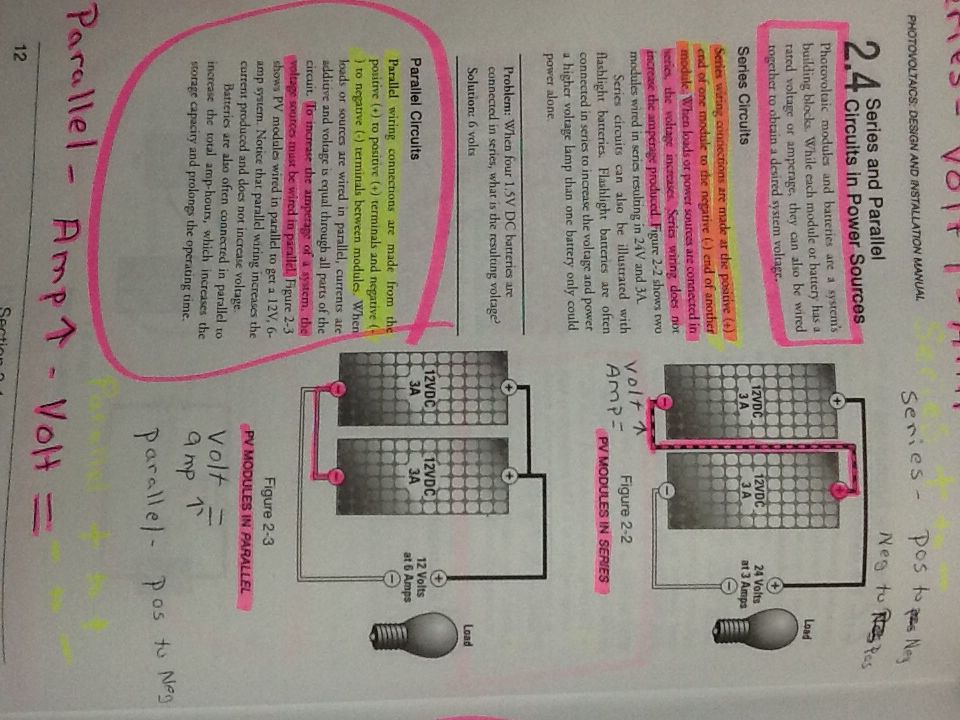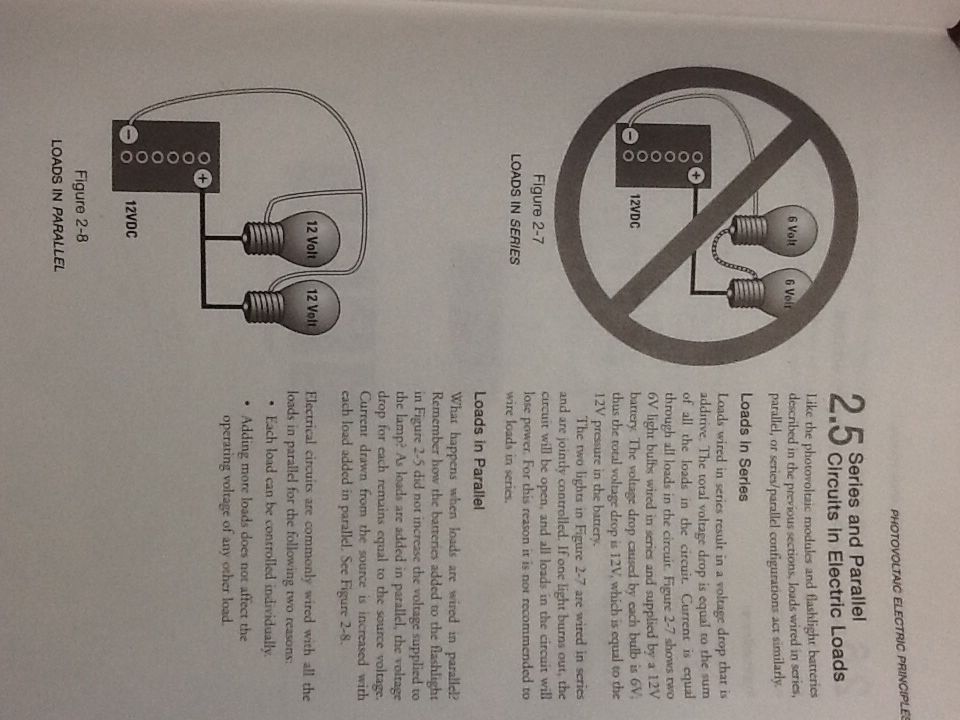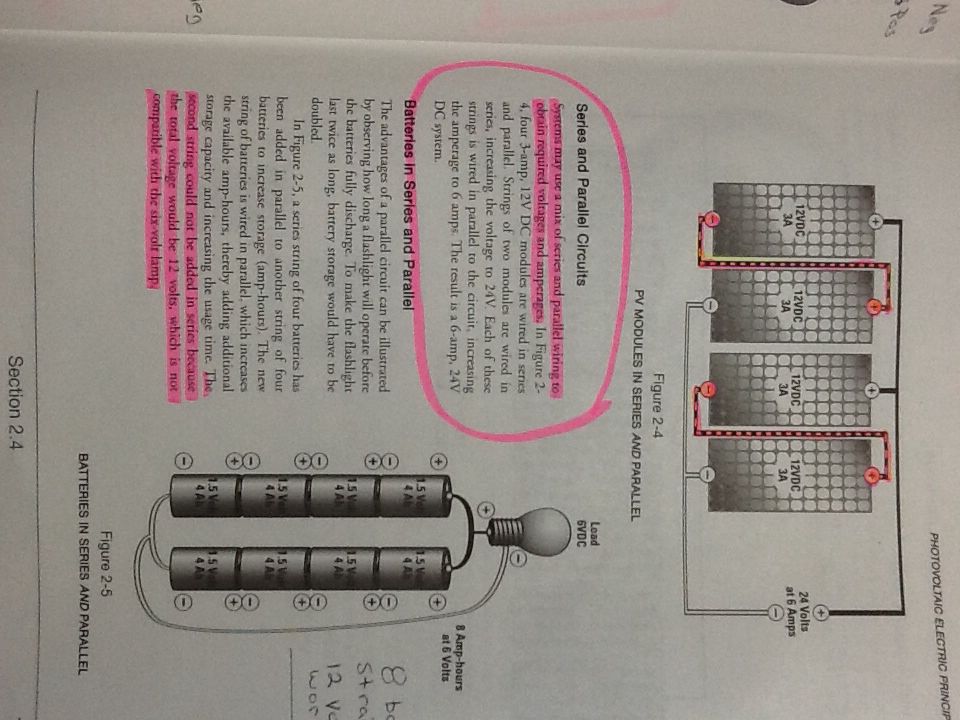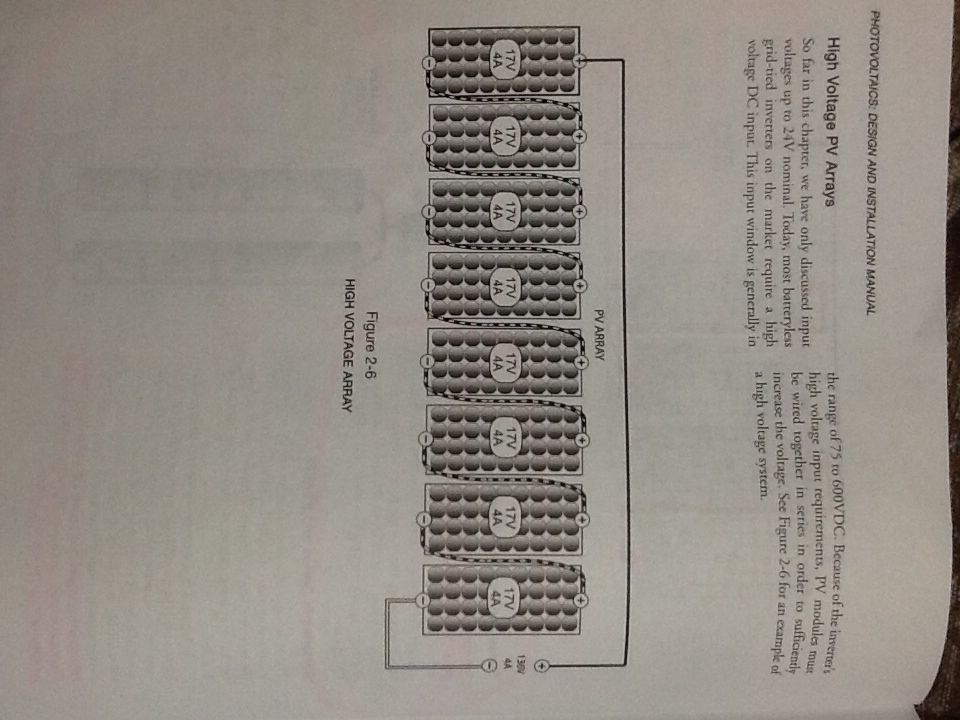Here are the numbers I came up with. The column on the left is for one freezer, and 2 freezers on the right.
[IMG][/IMG]
Approx $4876 for 1 freezer. Approx $9460 for 2 freezers. This does not include any roof racks, wiring, electrical panels, fuses, shut off switches, ect.
These figures are from one store only. You would need to check around to find the best prices.






 Reply With Quote
Reply With Quote


 [/IMG][IMG]
[/IMG][IMG] [/IMG]
[/IMG] [/IMG][IMG]
[/IMG][IMG] [/IMG]
[/IMG]

Bookmarks